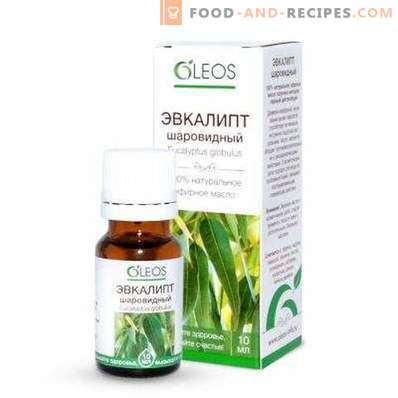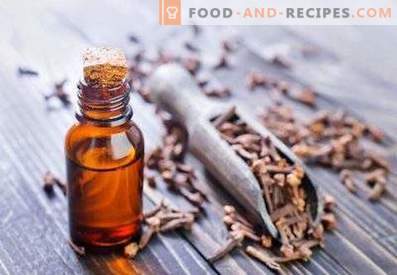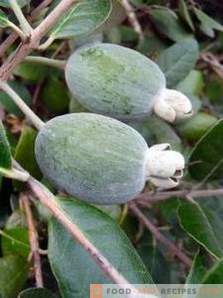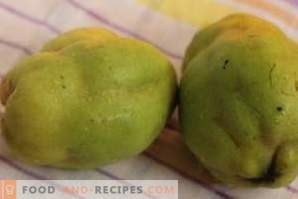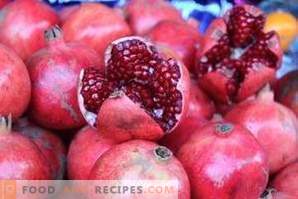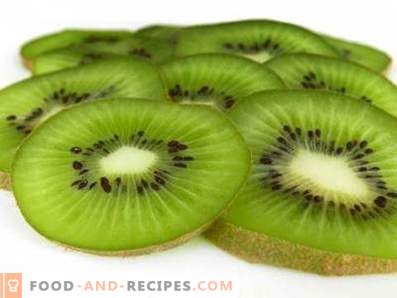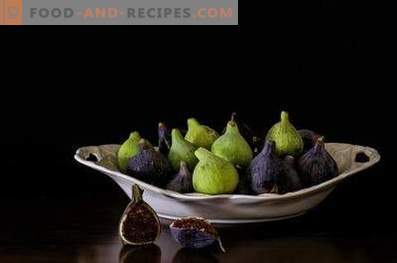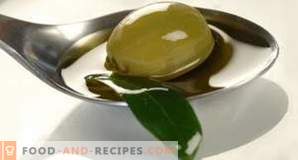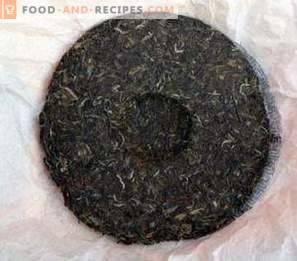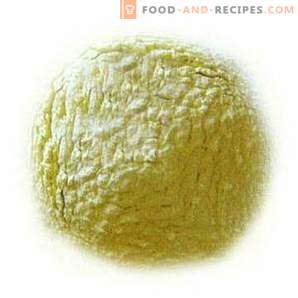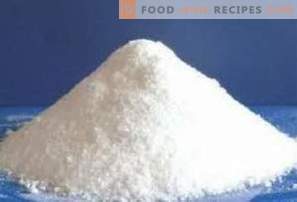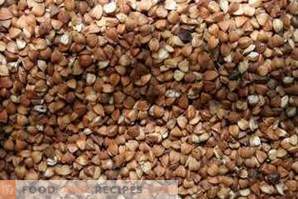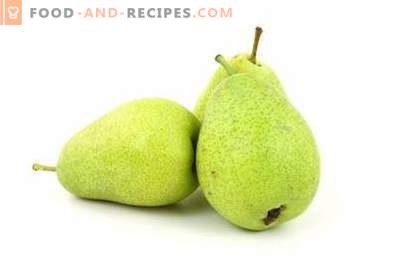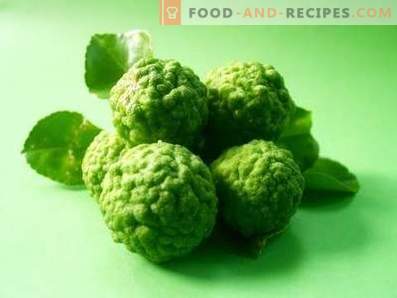
Bergamot is a citrus plant of the Rutaceae family, which is an artificial hybrid of citron and orange. The fruit was first grown in Southeast Asia, which is considered its natural homeland. There are two main versions of the origin of the name of bergamot. First, its industrial cultivation (in particular, for the production and sale of butter) began in the city of Bergamo, located in the Italian province of Calabria. On the numerous plantations of those territories, the plant was even called “Bergamo orange”. Secondly, the name of the fruit resembles the Turkish phrases “beyarmudu” or “beg armudy”, which means “pear of the prince” and “pear of the master”, respectively. The adjective indicates the category of aristocratic dishes, and the noun “pear” speaks only about the color and shape of the fruit, but in no way about the genetic connection with pears. Nevertheless, pears have a variety of bergamot, which outwardly strongly resembles the described fruit.
One of the first applications of bergamot was the perfume case. The essential oil squeezed from flowers and fruit gave the perfume an unusual delicate aroma. Historical sources say that either French perfumers or Florentine monks were pioneers in the use of bergamot in the XIV century. The unique solution of bergamot marc was called “royal water” (“aqua regina”) and carefully concealed the composition of the ingredients. However, after some time, an unknown Cologne pharmacist was able to reveal the secret of the perfume recipe, so subsequently the glory of the cologne's homeland was fixed to this German city (the phrase “Eau De Cologne” translates from French as “water from Cologne”).
In Latin, the type of bergamot is called Citrus bergamia. Its evergreen tree usually has a height of 2, 5 to 11 m, and thin branches are equipped with spines of 9-11 cm long. Oval leaf leaves with petioles have a leathery surface and are slightly pointed at the ends. Their upper side is green and smooth, and the bottom is light and matte. White or purple-pink flowers of bergamot are combined into axillary tufts, but they can remain solitary. They are very easily recognizable by their strong aroma and fragrant petals. A spherical or pear-shaped fruit is covered with a dense skin of three layers. The shares of pleasant-tasting sourish pulp are easily separated from each other and contain several seeds. Bergamot blooms in early spring, and ripening occurs only at the beginning of winter. Bergamot is considered an economic symbol of the coast of the Ionian Sea in the Italian province of Calabria. There, in a small area with the most favorable soil and climatic conditions, the main fruit plantations are located, ensuring its export all over the world. Also, the cultivation of the fruit planters engaged in Argentina, Brazil and the US state of Georgia.
Bergamot fruits and flowers contain essential oil, which is successfully used in the perfumery and confectionery industry, and even in microscopic technology. Among Russians, bergamot gained fame thanks to Earl Gray tea, in which it is used for flavoring. Medicine is known for the photosensitizing properties of furocoumarins, which are part of the fruit. For example, Bergapten treats the skin for problems with pigmentation (vitiligo, baldness). In cooking, fruit is used to make jams and other sweets. For example, in the Sicilian marmalade brand Caff? Sicilia bergamot is the main ingredient. As in the early history of the cultivation of bergamot, the plant is actively used in perfumery. The smell of the skin of the fruit perfectly combines with other smells, forming unique pleasant bouquets of aromas. Some psychologists believe that fragrant bergamot enhances attention during long mental work.
Nutritional value of bergamot and vitamins in its composition
In addition to the main nutritional components (proteins, fats, carbohydrates), there is dietary fiber and a large amount of water in bergamot. A unique component of the fruit are furocoumarins that help skin pigmentation and heal it. In the famous essential oil of the plant are limonene, nerol, bergapten, bisabolene and linalacetate.
Nutritional value 100 g of bergamot:
- 0, 95 g of proteins
- 0, 22 g of fats
- 8, 14 g of carbohydrates
- 0, 51 g of ash
- 85, 78 g of water
The abundance of the essential essential vitamins makes bergamot an extremely valuable and nutritious fruit. Most of all it contains vitamin C, which favorably distinguishes all citrus fruits.
100 g of pulp of bergamot contains:
- 71, 05 mg of beta-carotene (vitamin A provitamin)
- 11.2 μg of retinol equivalent (A)
- 45, 7 mg of ascorbic acid (C)
- 0, 13 mg of thiamine (B1)
- 0, 039 mg of riboflavin (B2)
- 8, 37 mg of choline (B4)
- 0, 27 mg of pantothenic acid (B5)
- 0.052 mg of pyridoxine (B6)
- 17, 03 μg of folic acid (B9)
- 0, 54 mg of niacin equivalent (PP)
- 0, 38 mg of nicotinic acid (NE)
- 0, 178 mg of tocopherol (E)
Energy value of fresh bergamot
Low calorie bergamot makes it harmless to the figure and therefore potentially suitable for those who are on a diet. However, due to the specific taste of the fruit is not too often consumed raw. But the oil of bergamot used by cooks also has a low calorie content and does not harm the figure.
- 100 g of bergamot contains 36 kcal.
- The fruit of medium size (75 g) contains 27 kcal.
Bergamot oil improves metabolic processes in the body, speeding up metabolism. Therefore, it is able to prevent the appearance of excess fat. In the anti-cellulite massage often use the oil of this particular fruit. Popular tea with bergamot has also established itself as a means for losing weight: the drink reduces appetite and catalyzes the decomposition of fatty acids.
Macro and trace elements in bergamot
Bergamot contains many mineral elements necessary for an adult body daily. Most of the fruits are potassium, which ensures the functioning of the digestive system, and calcium with phosphorus, which are responsible for strengthening bones and teeth. Macroelements in 100 g of bergamot:
- 43, 04 mg of calcium (Ca)
- 170, 03 mg of potassium (K)
- 10, 03 mg of magnesium (Mg)
- 12, 03 mg of phosphorus (P)
Trace elements in 100 g of bergamot:
- 0, 092 mg of iron (Fe)
- 0.02 mg of manganese (Mn)
- 0, 077 mg of zinc (Zn)
- 0, 046 mg of copper (Cu)
- 0, 47 mg of selenium (Se)
Useful properties of bergamot
- Due to the active properties of the antiseptic, bergamot can be used to combat viruses, fungi, inflammations and bacteria in the body. The action of the fruit reduces pain when cramps.
- Plant oil is actively used to reduce heat and temperature (for example, in case of acute respiratory infections). During a runny nose, it helps from inflammation of the nasopharynx and cleans the sinuses of the nose.
- Fruit strengthens the immune system, which is especially important for bronchopulmonary infections and problems of the urinary tract. For this reason, it is a frequent ingredient in dietary supplements. Bergamot oil normalizes blood pressure in blood vessels and the amount of cholesterol in the blood. Also, doctors recommend this oil with baldness and vitiligo.
- Bergamot tea prevents gastrointestinal diseases in the early stages, especially if problems are associated with inflammatory processes. Like the fruits themselves, tea with bergamot has antiviral and antifungal effects.
- The flowers and fruits of the plant contain essential oil, which, when released into the bloodstream, stabilizes the flow of blood and lymph and normalizes the water-lipid balance. This ability of the oil affects the external properties of the body: the rash disappears, skin pores on the face are narrowed.
- For migraine or discomfort in the neck, a massage with bergamot oil is very useful. Remarkably, with a similar massage of the abdomen, the appetite improves and the digestive processes are normalized. This is especially important for the body at the stage of recovery.
- Rubbing the feet with a mixture of equal amounts of petroleum jelly and glycerin, in which a little bergamot oil is added, is useful for treating bronchitis.
- The mentioned oil treats greasy hair. To solve this problem, apply a liquid to the comb and comb your hair in all directions. The described property has led to the fact that the addition of bergamot oil to hair masks and shampoos, as well as wrapping compositions, is becoming popular.
- Ordinary boiled water with 3-5 drops of bergamot oil and a spoon of honey heals nervous exhaustion (drink should be drunk in the morning and evening for 7-9 days).
- If you experience symptoms of herpes, you should lubricate the area of inflammation with bergamot oil to prevent the development of the disease.
- Beauticians actively use bergamot oil, because it is easy to squeeze out of the fruit, and its anti-inflammatory and tonic properties are manifested in a very noticeable degree.
- The smell of bergamot invigorates and raises the mood, helps to calm down before a stressful situation (for example, by an exam or an interview). Perfumes with components of this fruit are not only very pleasant by smell, but also useful.
- Bergamot tea is very fragrant and slightly spicy. A tasty drink relieves fatigue and the effects of intense experiences. It should be remembered that bergamot tea (like tea with lemon) is not recommended to be used together with milk: these products are not combined.
- To give a pleasant taste and manifestation of the beneficial properties of bergamot, its oil is added to dessert wines, salads and preserves.
Contraindications to the use of bergamot
Bergamot can be used only in the absence of some health problems. Fruit is contraindicated in the following cases:
- For insomnia (an additional tonic effect will only aggravate it).
- If you are hypersensitive or allergic to citrus fruits.
- During pregnancy (miscarriage is possible).
- Essential oils of bergamot are forbidden for children under 12 years old.
- Bergamot oil may have a negative effect on overly sensitive skin. Therefore, its use is undesirable in front of a solarium or a long stay in the sun.
- In undiluted form, bergamot oil is dangerous due to the high concentration of its components. This can cause pressure problems, dizziness, and a feeling of choking.
Before using any form of bergamot, it is advisable to consult with your doctor.



